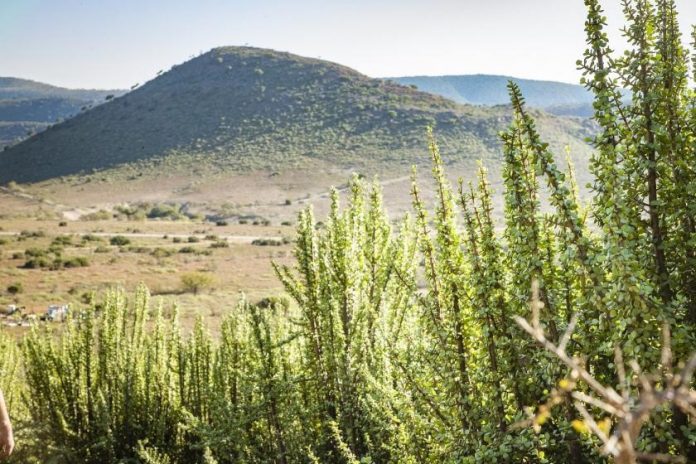By UNEP
In mountainous areas, spekboom trees can grow even on steep slopes. They suck up the moisture quickly and can store it for months. Spekboom forests can serve as grazing and browsing areas of last resort for wildlife and livestock, even when all else has withered in a drought.
Spekboom, which absorbs carbon dioxide from the atmosphere faster than most other trees in dry conditions, is the dominant tree of the thicket ecosystem that used to cover up to 5 million hectares across the dry areas of the Eastern Cape, until about 200 years ago, when massive overgrazing by goats and sheep started.
The South African Government sees thicket restoration as one of the low-hanging fruits for the achievement of national climate and biodiversity goals and recognizes that private investments are key. In 2007 it started what is arguably the largest ecological experiment in the world…Read more>>



